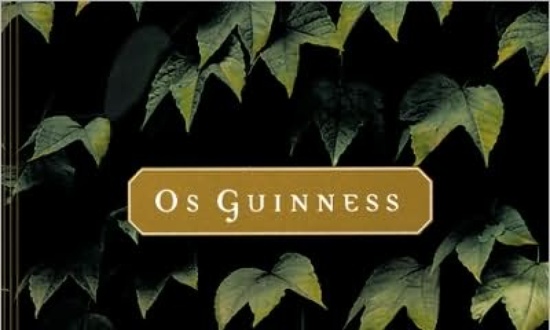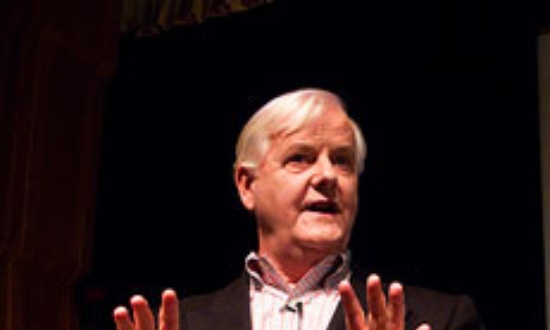In this third and final blog post from an interview with Os Guinness (check out part 1 and part 2), Os talks about living for the Audience of One, and the relationship between calling, markets, and morality.
R&L: Throughout your discussion of calling, you cite many who, out of their own sense of calling, opposed barbaric and tyrannous regimes—people like Dietrich Bonhoffer, Vaclav Havel, and Aleksandr Solzhenitsyn. What is it about calling that enables men and women to stand against the tides of the times?
Guinness: One of the themes introduced by the Puritans is the notion that people live by calling, in other words, living by faith to the glory of God and having one audience—the audience of one. Today, so much of modern society is so other-directed, so audience-driven, and so seeker-sensitive, that much leadership is actually codependent on follower-ship, which gives rise to leaders who are really panderers, not leaders.
I think of the difference between Winston Churchill and his friend, David Lloyd George. Churchill was described “as impervious to public opinion as a diver in a bell.” Lloyd George, on the other hand, was described as so amazingly attuned to public opinion that when he was alone in the room, there was no one there. Most modern leaders— not only in politics but also, sadly, in the church—are closer to David Lloyd George than they are to Winston Churchill. But the person of calling has one audience, the audience of one. So, if one believes on the basis of conviction and conscience that the majority is wrong, it becomes necessary to challenge received opinion, to take on the majority.
R&L: I would like to read a quotation from your book. You write, “Calling, which played a key role in the rise of modern capitalism, is one of the few things capable of guiding and restraining it now.” Could you unpack that a bit for us?
Guinness: I have no problems admitting the extraordinary superiority of market capitalism; it is a remarkable engine of dynamism, fruitfulness, productivity, and so on. I question that not at all. But it is only a mechanism, and the problem comes in when people make it a source of meaning.
You see in the New Testament that those of us who are followers of Christ always have a choice. Either we love God and use money wisely and fruitfully, which is terrific, or we love money—call it Mammon—and try to use God, which is a dangerous form of idolatry. Calling helped produce the rise of capitalism; it also has the power to reintroduce a philosophical, theological, ethical notion that can be the guiding and disciplining force to channel capitalism so that it is purely creative and not destructive.
R&L: What, then, is the relationship between markets and morality?
Guinness: Unless capitalism has an ethical boundary, it will always create two problems. One is the problem of insatiability, never knowing when to stop, always wanting just a little more. The other problem—you can see this very clearly in America today—is commodification. The good society draws a line between what is and what is not for sale, but, in modern America, almost everything is up for sale, including much that should not be. We need powerful faith with strong ethics and knowledge of what is legitimate to buy and sell—that’s the market at its best—but certain things are not for buying and not for selling, and we should know why.
Source: "Rediscovering "Calling" Will Revitalize Church and Society." Religion & Liberty. 8.4 (1998): 1-4.



